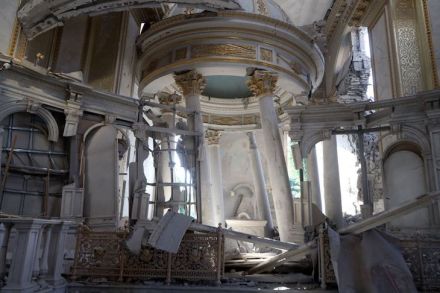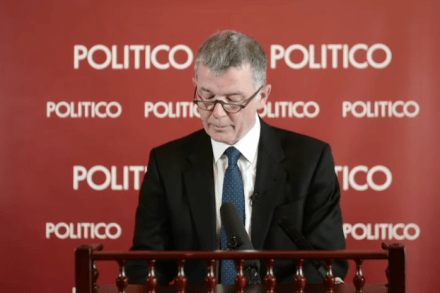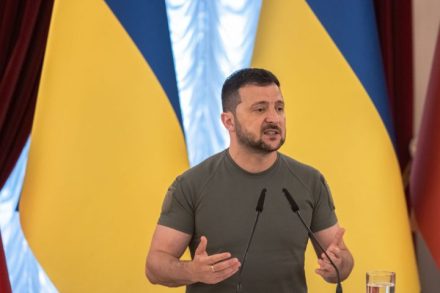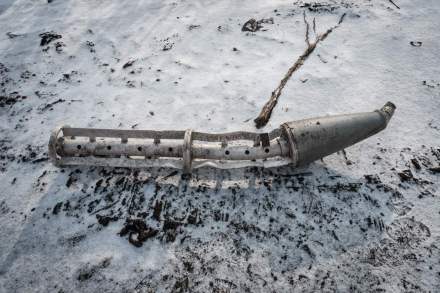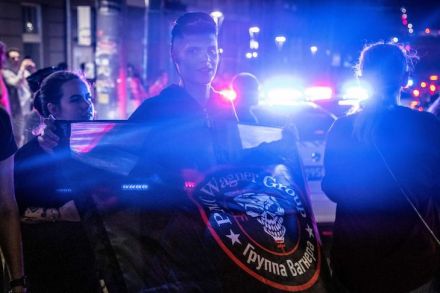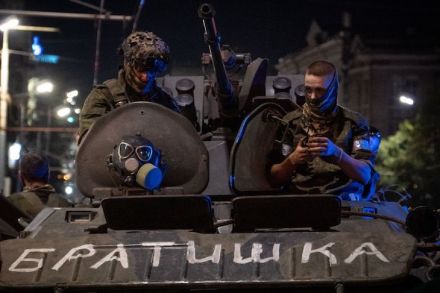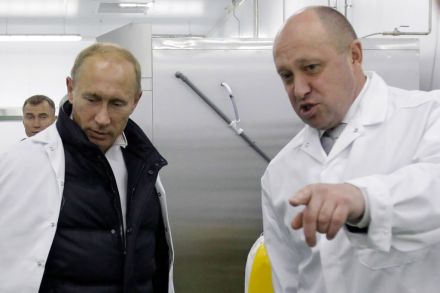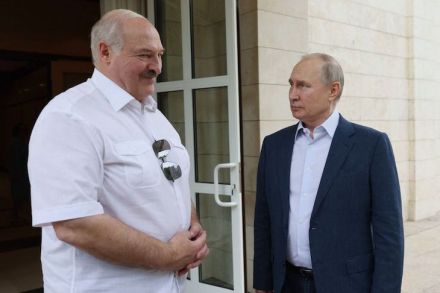Targeting Odesa marks a new turn in the war
The world is waking up to pictures of fresh destruction in the Ukrainian port city of Odesa, which has been under constant Russian fire since the grain export deal collapsed last week. At least one person has been killed and 19 more injured following missile strikes overnight. The roof of the recently-rebuilt Transfiguration Cathedral has partially collapsed, and there have been films of local residents trying to rescue icons and other sacred artefacts. The footage is striking – but a tiny part of what’s now at stake. Back in July 2022, Russia agreed not to destroy Ukraine’s grain-exporting infrastructure given how important the foodstuff is to Africa and world food
